Description
ABSTRACT
An Appraisal of the Tax Implications of Derivative Instruments in Nigeria
Oluwaseun Ojo*
With the recent fall in the prices of crude oil and other commodities in the international market and the attendant adverse effect on the Nigerian economy coupled with the exchange risks arising from the sale and purchase of foreign currencies in the Foreign Exchange(FOREX) Market, there was the need to come up with strategies for managing risks associated with fluctuations in the exchange rates by the introduction of derivatives for adoption by the various stakeholders and players in the market. Generally, Derivatives are used to hedge against risks and fluctuations in the financial market. The increasing use of derivatives often raises some tax questions and implications which must be properly analysed and understood. There is the need to examine the possible tax considerations and treatment of this emerging important instrument in the Nigerian financial market for proper guidance and direction for the regulatory authorities, the Relevant Tax Authorities (RTAs) and the active participants in the market. This paper therefore examines the tax treatment of derivatives under the existing tax and fiscal regime in Nigeria. Further, there will be comparative analysis of the tax treatment of derivatives in the United States of America and Canada. The paper proposes that there should be an enactment of a comprehensive tax code for the treatment of derivatives in Nigeria incorporating the lessons from the jurisdictions examined.
INTRODUCTION
In the face of the crash in global commodity prices, currency volatility, interest rate risks and the uncertainties in many markets, one of the risk management methods that any business can adopt is hedging through the use of derivatives. In simple terms, hedging is the practice of reducing the investment risks associated with adverse price movements in an asset or market, by taking an offsetting position in a related market or security. In this light, the multifaceted operational and strategic challenges facing businesses in Nigeria today, particularly the risk factors, have undeniably led to a recent upsurge in the adoption and trading of derivative instruments in the Nigerian Financial market and, in fact, the introduction of the use of derivatives in the Foreign Exchange market, through the Over the Counter (OTC) or through the Exchange.1 This comes with its attendant economic and fiscal implications both for the traders in them as well as the regulators and the Relevant Tax Authorities (RTAs). As most companies in the financial services industry in Nigeria are beginning to explore the opportunities of investing in the developing and lucrative derivatives markets, it is vital that the investors understand the related tax implications in order to avoid conceding the benefits of derivatives due to poor (or improper tax planning) or unnecessary
* LL.B, BL. Associate, Hoick and Duke, Lagos.
- Derivatives are either traded on the Over the Counter or on an Exchange. OTC derivatives constitute the greater proportion of derivatives in existence and are unregulated, whereas derivatives traded on exchanges are standardized. OTC derivatives generally have greater risk for the counterparty than do standardised derivatives. See <http://www.investopedia.com/terms/e/ exchange-traded-derivative.asp > accessed 13 March 2017. Prior to 2013, investors in the Nigerian capital and money market were used to the strait jacket investment instruments of stocks, bonds and treasury bills. Better still, these products were in most cases in their simpler form such that those having the desire to invest in more complex instruments such as derivatives could not do so. However, more recently, the derivatives instrument is fast gaining ground in the market. The soaring success may not be unconnected with the investor’s appetite for derivatives products to hedge against risks and improve returns
on investment. See Kunle Aderinokun, ‘Of Derivatives, Forward and Futures’ This Day Newspaper (Nigeria, 24 July 2016). accessed 13 March 2017.

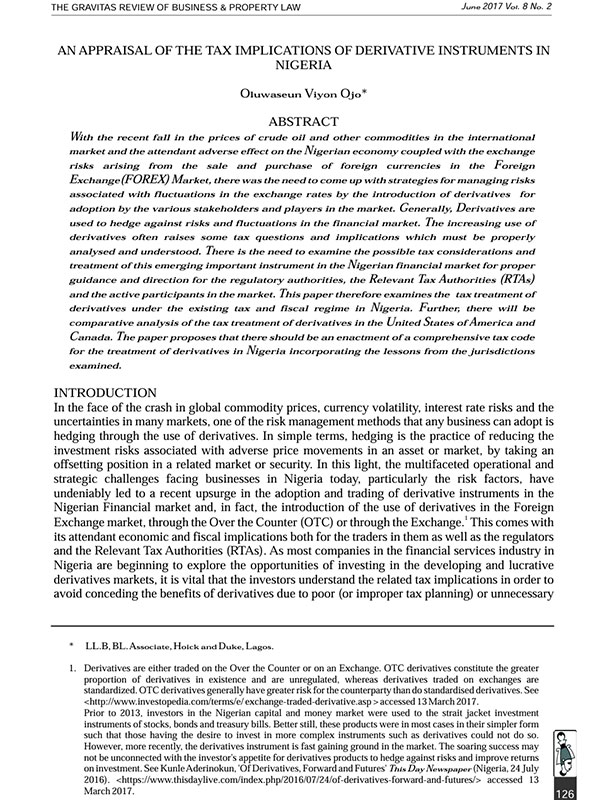
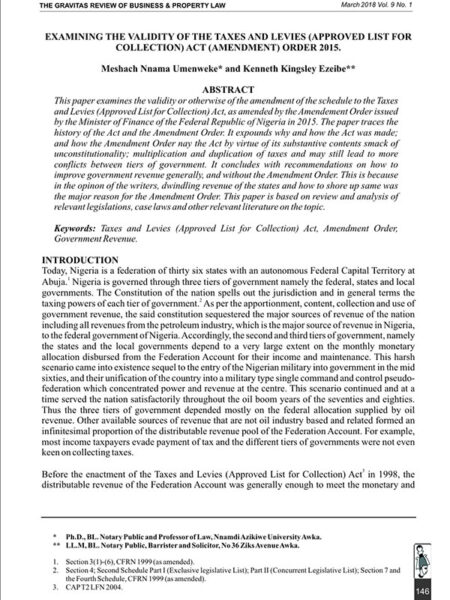
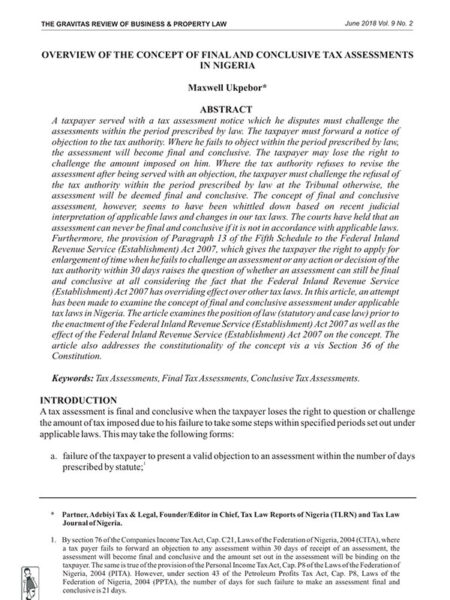
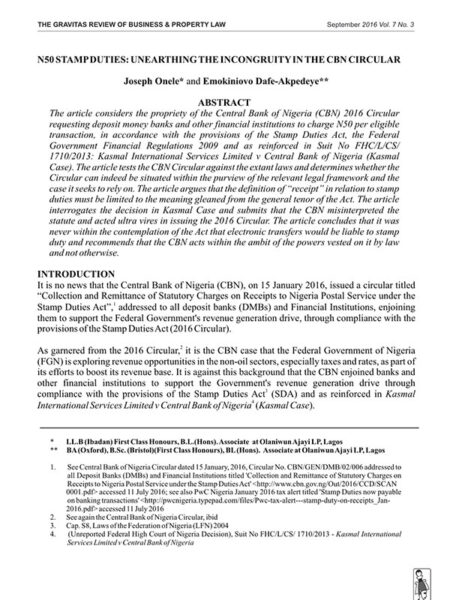
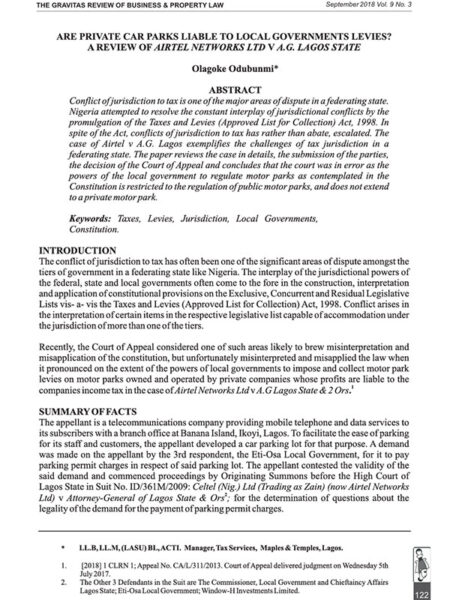


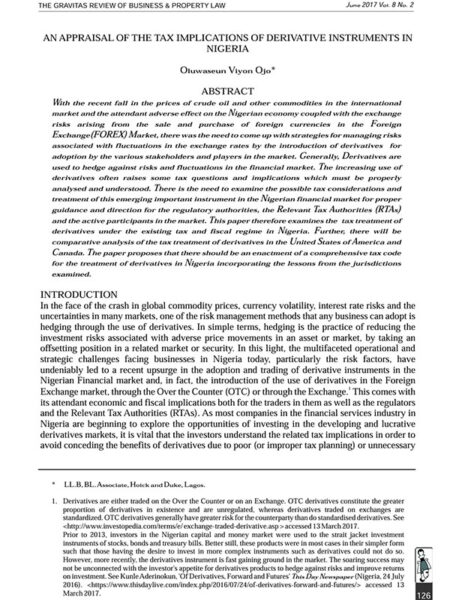
Reviews
There are no reviews yet.